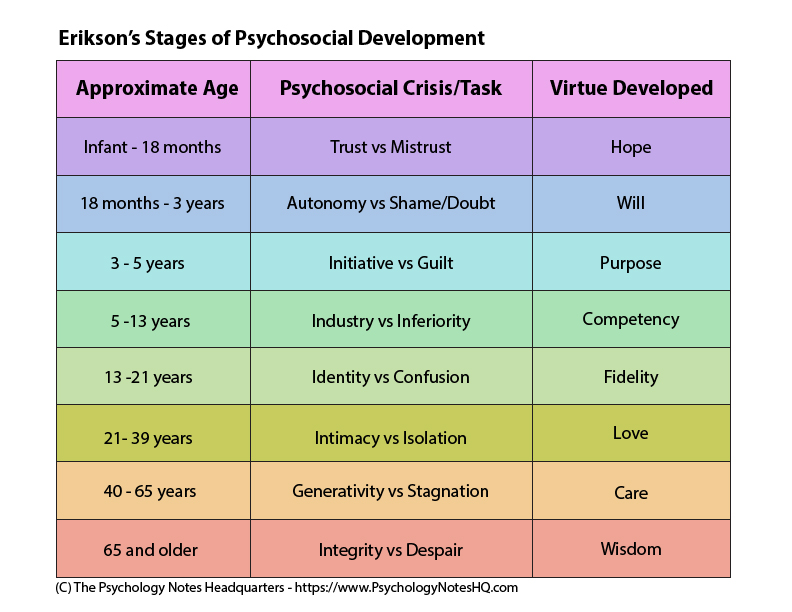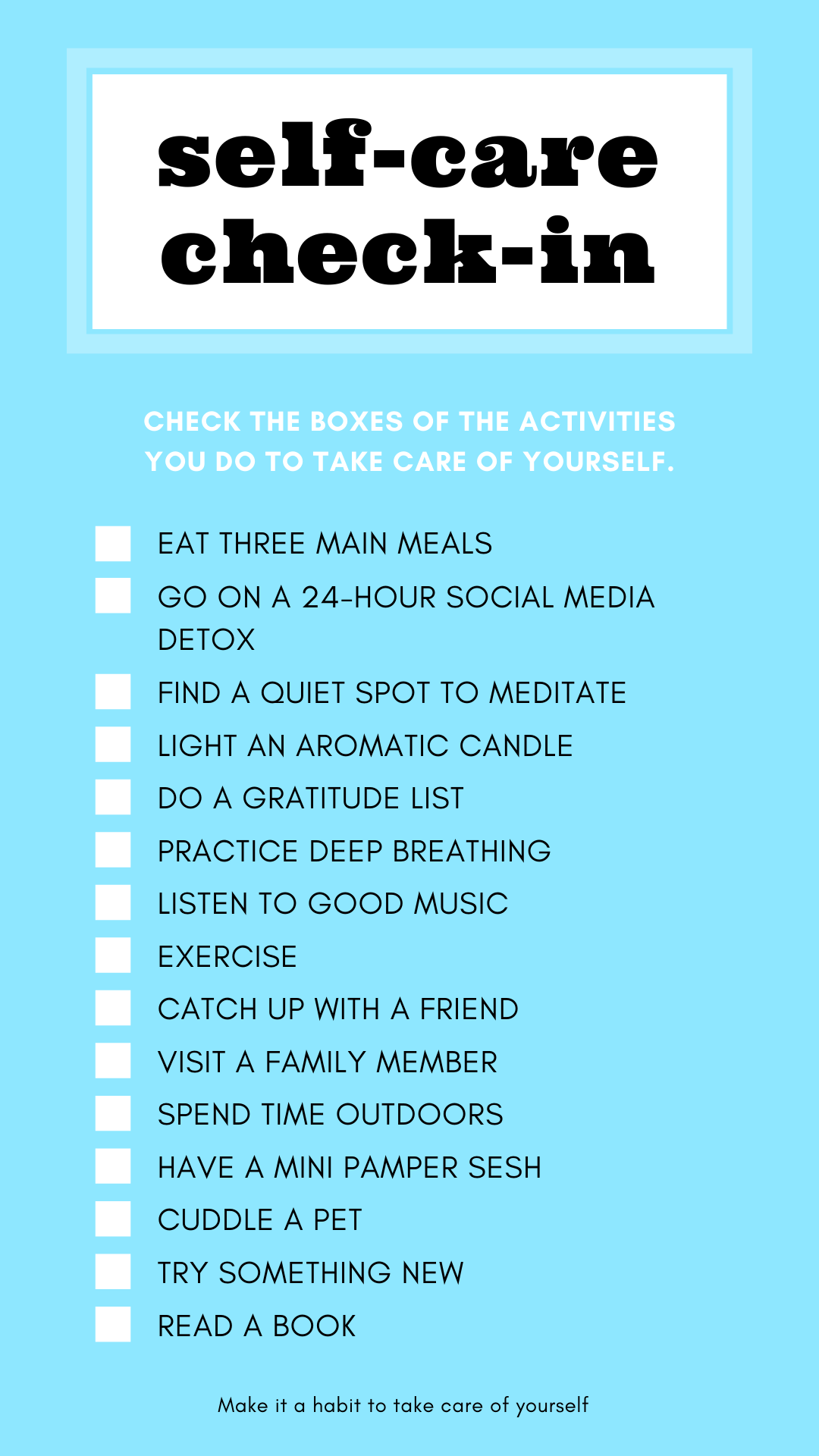How Do You Cope?
Coping Strategies
By Christine Ferch
There are 11, yes 11 central psychotherapy approaches, demonstrating the versatility within psychotherapy and the inevitability there are tools for you to reduce the distress you are feeling with your mental health. The bonus to these techniques, you do not have to be diagnosed with a mental health disorder to use them. Coping strategies are essential to have to assist with regulating our thoughts, feelings, and behaviours for the daily and typical stress we endure.
The coping strategies provided below are simple and can be completed anywhere and do not require “training”. When I discuss these with clients, we often find, they have been doing many of these various techniques already. What they find difficult is practicing during a time of reduced stress so they can utilize the tool, when they are stressed. For example, when we are in distress, we engage in behaviours or have thoughts and feelings which have become habitual and can be challenging to be aware, acknowledge and utilize a new skill. When we practice new skills during a time of relaxation, they become a habit and then transfer to our times of distress. Our brain clicks and says, “Remember the DBT strategies” and then we are more likely to engage in them.
So, here are some different strategies from a few of the significant theories to help reduce negative thoughts, regulate emotions, develop self-awareness, engage in self-compassion and being more mindful.
Cognitive Behavior Therapy (I have a blog on this too)
Addressing negative thoughts:
- Journaling: Channel those negative thoughts onto paper and release them from your mind. It can seem a bit strange at first but can be quite relieving, many clients report feeling lighter afterwards and that they thought they could only get one page, but ended up writing several
- Reframing: What I find helpful is reframing my thoughts. I write down my negative thoughts and then find a way to reframe them positively. One thought I struggle with is telling myself I am lazy when I take some time to relax. However, I am a full-time student and work full time, and I am not lazy, I am taking well deserved time to rest and recoup so my brain and body function adequately. This changes the whole perspective. I no longer feel guilt or shameful or lazy, but rewarded and content with taking the time to drink my morning coffee.
- Challenge those thoughts: This was an enlightening statement for myself “thoughts are thoughts, they are not fact”. This is very true, we have millions of thoughts each day as our mind naturally wanders. However, it does not necessarily mean it is true. Challenge those negative thoughts with what is a fact. One common thought I hear is “I suck”, do you? Name all the beautiful things you do for others, the things you are complimented for at work or within your family dynamic or do for your friends. Now, with those beautiful things in mind, do you suck?
- Diaphragmatic breathing: or merely deep breathing. It helps to manage anxiety and can be very powerful.
- Weighing the pros and cons: having ruminating thoughts about decisions can be addressed by weighing the pros and cons. Look at both sides of the decisions, what would you gain what do you lose? What option impacts yours morals and values
- Setting and Managing goals. Start small, baby steps!! This is super important because small goals are seen as small achievable mountains to climb. Not to soo far-reaching, it will never happen. Utilizing SMART goals is ideal: be S: Specific, M: Manageable, A: Achievable, R: Relevant, T: Time-limited.
Dialectical Behavior Therapy (I have a blog on this too 😊)
One of my favourite therapies!!! It is rooted in CBT but addresses our emotions more so than our thoughts. DBT has four different elements to accept, tolerate, and be mindful of our emotions while developing interpersonal effectiveness; in other words, bettering our emotions within our relationships and setting boundaries. To intertwine our thoughts, feelings, and behaviours, DBT acknowledges a wise mind, which brings together or emotional mind and our rational mind into our wise mind, where we are grounded and can respond mindfully and proactively.
Emotional Distress:
- TIPP
- T: temperature: change the temperature in your space, as this can change the intensity of the emotion. Rub an ice cube on your arms, legs, neck. Hold the ice cube for 3 seconds and acknowledge how it feels. You can also use a hot facecloth and do the same thing.
- I: Intense Exercise: When we engage in intense cardio or aerobic exercise, our emotions regulate as neurotransmitters such as dopamine and serotonin begin to fire in a more regulated manner. Exercise should last at least 20 minutes or more, and heartbeat should increase by 70%.
- P: Paced Breathing: try to slow your breathing to 5 or 6 breaths per minute, so the whole breathing cycle, inhale/exhale should be 10-12 seconds total. There are apps which can assist with the counting.
- P: Progressive muscle relaxation: Practice tensing your muscles as you breathe in for 5-6 seconds. Start with your hands or your feet and work your way through each muscle group. As you breathe in through your nose, tense the muscles, slowly exhale through your mouth and releasing the tension in your muscles.
The next skill can assist with distress tolerance and is simply named STOP.
- S: STOP! Literally. Freeze in your tracks and do not move, tell your emotions stop, your thoughts stop. Do not let the emotions control you.
- T: Take a step back: You can either do this in your mind or physically take a step back. This helps us unglue our emotional mind, our rational mind and engage our wise mind, which allows us to focus on how we are breathing, the thoughts we are having, reducing the intensity and urge to react. Continue taking small breaths, in through the nose, out through the mouth.
- O: Observe what is going inside your body and around you. If there are other people around you, notice what others are doing and saying. Notice the emotions and thoughts that are arising. This allows us to “zoom-out” and see the whole picture to find your best course of action.
- P: Proceed Mindfully: utilize mindfulness skills (coming next) to consult your wise mind. Ask your wise mind what to do.
Opposite Action
Are you overwhelmed with your emotions? Try using the opposite action! Yup, gain control of your emotions by orientating them to the opposite! Emotions cause us to act in certain ways, sad: numb with substances, overwhelmed and lack control: Self-harm to cope.
So if you are feeling fearful: it may be scary, engage your wise mind with taking a step back and breathe, then approach your fear and confront it. Do things which heighten your control and build mastery to build courage and desensitize the situation.
Anger: if you are mad, take a break from the situation or person you are angry with. It is okay to be angry, but sometimes when we are angry, we say and do things we regret later. Again, take a step back, regain your emotions and thoughts, with deep breathing to settle your mind and body. Try to see the person’s side to gain empathy and a different perspective.
Sadness: feeling down, do not avoid it, similar to fear, you want to build mastery, do not isolate but build a goal around engaging with others, start with one person and work your way up. Pick solo trips where there are people around you, such as have coffee at a café or go for a walk down a busy street. You do not have to communicate but can be around and watch what others are doing. Take note of the environment and engage your senses.
Shame: If the shame fits the facts, face the music, easier said than done sometimes, yes. Begin by apologizing to repair the harm if you can and have self-compassion for yourself. Accept the consequences of your actions and learn to reduce the impact in the future. Again, forgive yourself and let go. This is important not to let the shame control you. We ALL make mistakes, big and small, some people have forgiven us, and some people have not, this is something we need to accept, which can be done with radical acceptance DBT skills.
Opposite actions work best when our emotions do not fit the facts of the current situation, meaning the emotion and its intensity and frequency are not effective in helping you achieve your goals. Throw yourself into the opposite action, use your whole body!! Use words, thoughts, facial expressions, tone of voice, and body postures.
Mindfulness skills (I have a blog on this too)
Mindfulness allows us to ignore the past and future and focus on the present with intent and without judgement. Here are some mindfulness skills.
- Meditation: Find a quiet place inside or outside and find a comfortable spot to sit in. You can either close your eyes or keep them open and simply breathe. When thoughts come up, refocus on your breath, think in through my nose, out through my mouth. Start small like 3 minutes and as you become comfortable with the process, increase your time
- Mindful drink: Make a drink which ignites your senses such as hot water with lemon or cinnamon
- Do one thing at a time: when eating, eat. Checking emails, just check your emails. Limit the amount you multitask.
- Engage your senses: What do you see, hear, taste, smell, what can you touch?
- Mindful walking or sitting: Feel your feet connecting with the ground. What does it feel like, is soft, cold, hot, hard?
- Body Scan: Bring your attention to your body, and find your areas of tension and breathe to reduce the tension
- Engage in self-compassion, tell yourself something you would tell a friend if they were in the same situation. Be kind to yourself; forgive yourself.
If you want to learn how to build goals around establishing these coping skills or goals for areas you want to change, contact us at admin@ovcs.ca
Feel free to check out my other blogs on other mental health topics 😊




